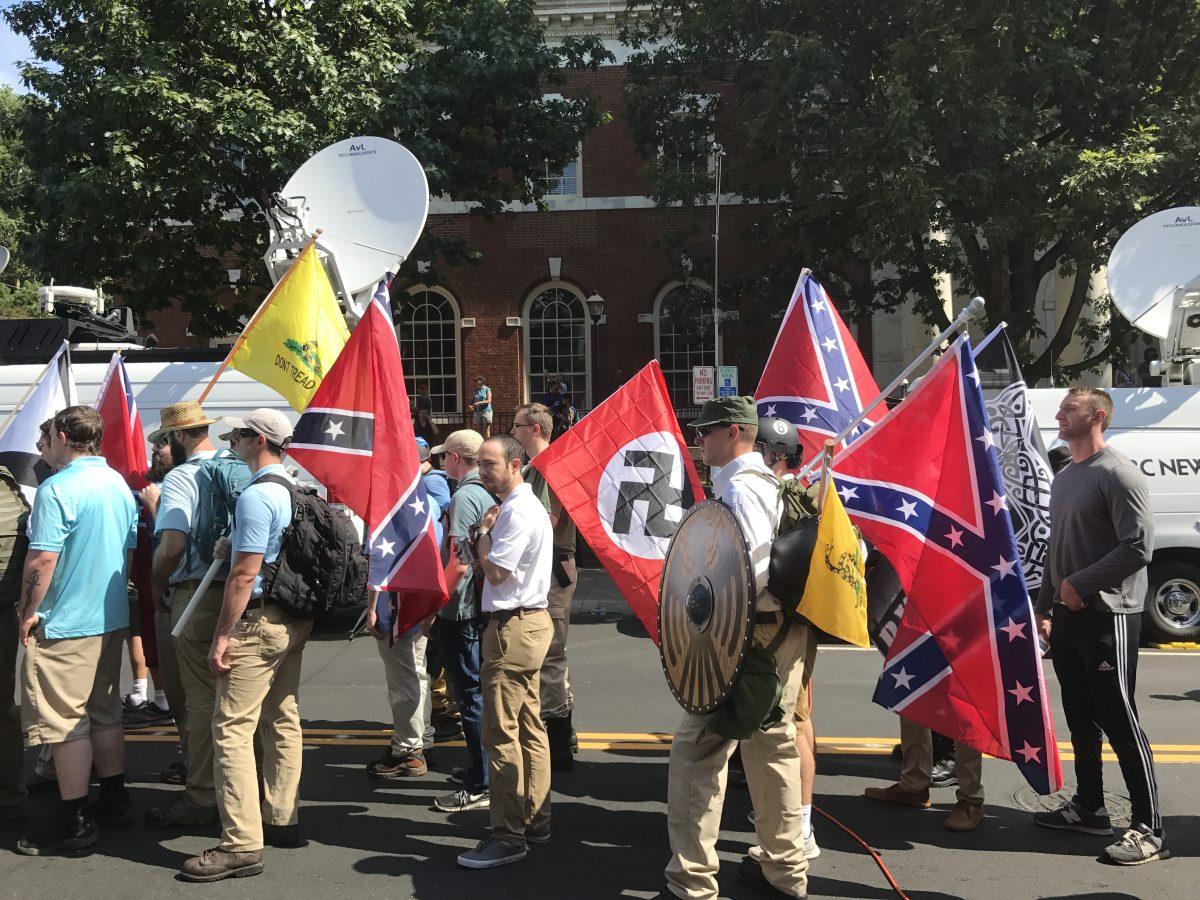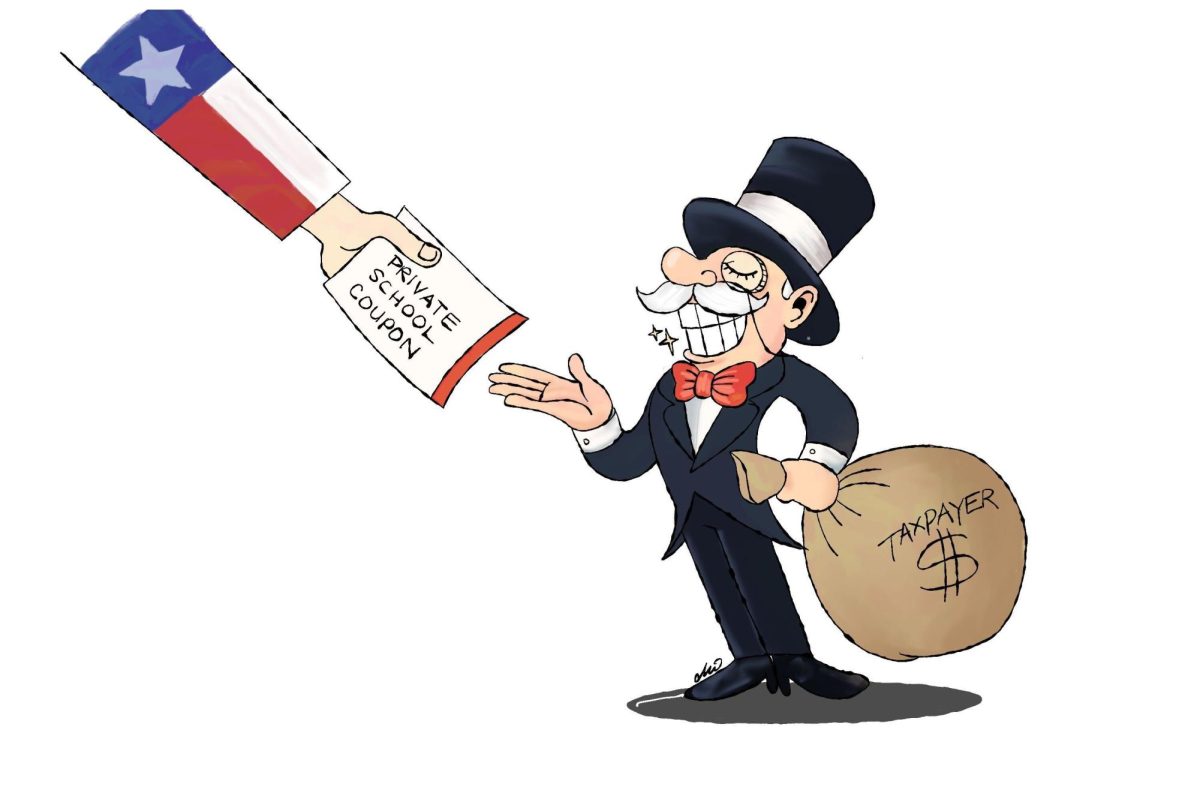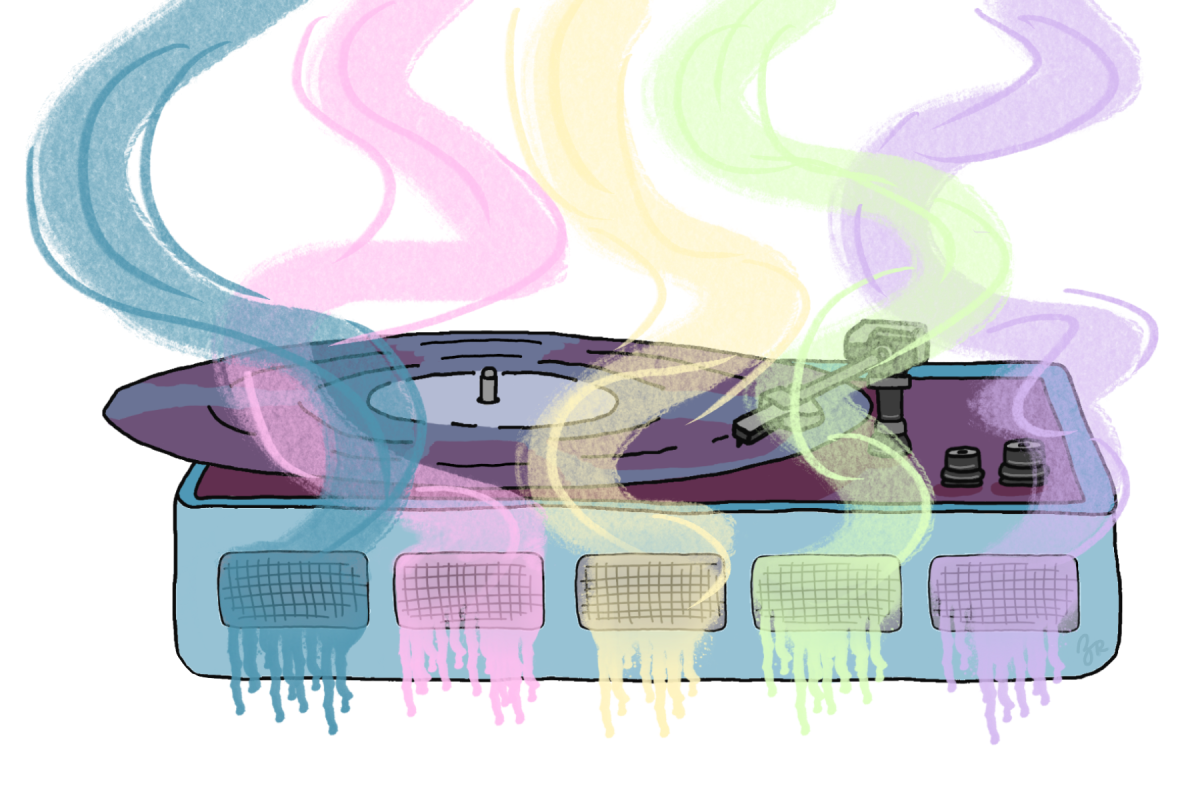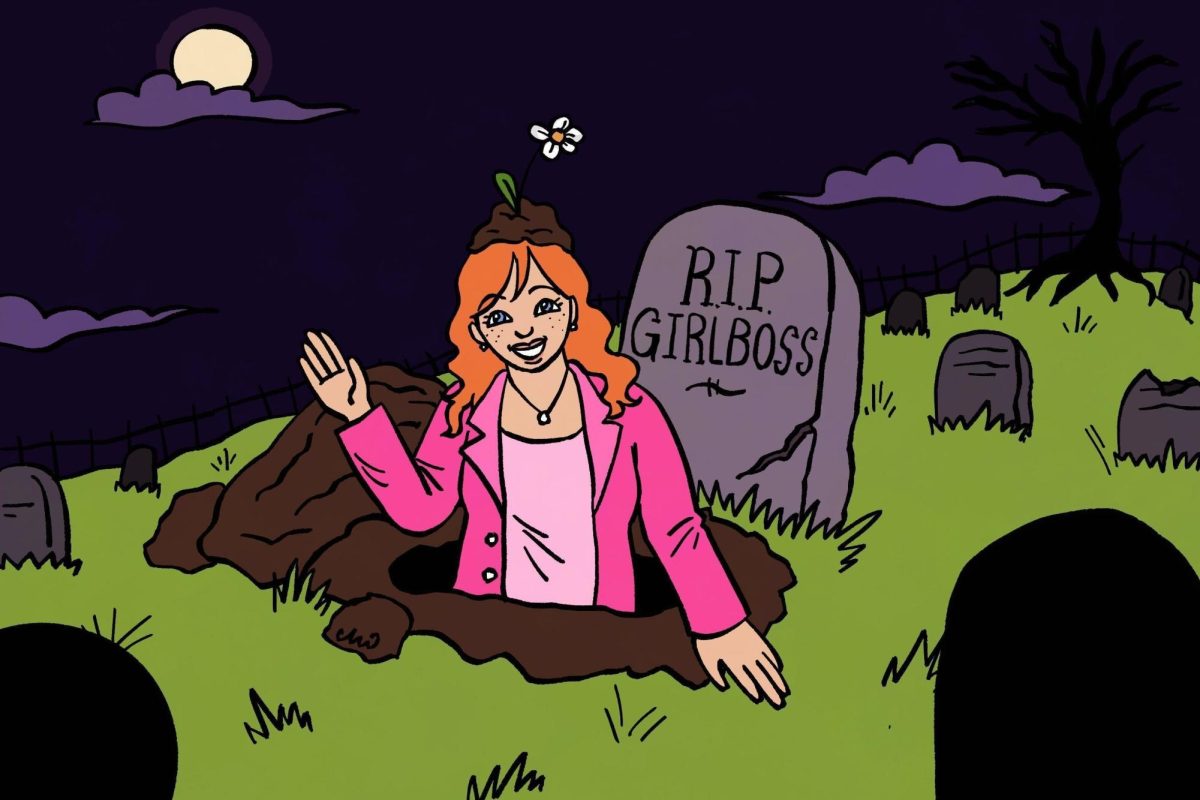“We’re just sick of it. We’re not gonna take it anymore. I see a civil war coming.”
An Iowa Trump rally attendee let loose recently on the failures of Republican elites and what she perceives to be an impending national crisis. However, she makes a few notable exceptions, like Texas Sen. Ted Cruz. The internet reacted accordingly, pushing the phrases “civil war” and “civil war coming” to the trending page on Twitter. On seeing these words, most Americans think of union blue, dixie grey and cheesy reenactments. But day-by-day, an unsettling alternative is becoming increasingly likely. More than ever, Americans need to recognize our precarious place in history and come to terms with how we got here.
What would have sounded like ridiculous Boogaloo conspiracies just a few years ago is now common political messaging for American conservatives. The Republican Party has shifted toward a policy of anti-democracy and outright hostility. Despite overwhelming evidence to the contrary, two-thirds of Republicans think the 2020 presidential election was illegitimate and 85 percent of Republicans want their candidates to agree with the overall policies of the instigator of these claims, former President Donald Trump. Not to mention, 78 percent of Republicans want Trump to run in 2024 despite his being caught on tape trying to steal the Georgia election.
In response, other Republican candidates have begun challenging the results of elections they’ve lost, sometimes before election results are even called, as was the case when California gubernatorial candidate Larry Elder went so far as to suggest an armed takeover of the state if he wasn’t awarded the governorship in court.
Similarly, in Idaho, far-right Lt. Gov. Janice McGeachin attempted to seize power, to deploy the National Guard to the U.S.-Mexico border and to rescind the state’s COVID-19 vaccine requirements while Gov. Brad Little was absent. While Texans are now used to outsiders coming to our state, we tend to prefer they come under better circumstances. At least bring a casserole.
Events like the Charlottesville, Va., protests, threats of secession and the Jan. 6 Capitol riot are only becoming more common as right-wing violence further cements itself into mainstream politics. With political partisanship rising sky-high, simply owning the libs is valid justification for political motivation and action.
These threats are no laughing matter — right-wing violence, domestic terrorism and hate crimes are the highest they’ve been in decades, with extremist beliefs thriving out in the open. The renewed threat of civil war and the politics of our hazardous present are a culmination of all these factors.
To understand why we’re in this situation, we have to first go back to the root of the issue. Today’s politics are informed by the conditions of the past. Everything from Black Lives Matter to Confederate statues are directly tied to the post-Reconstruction era.
After the first American Civil War, Confederate leaders were banned from holding office. President Abraham Lincoln and his allies began developing a framework to ensure the South was rebuilt in a way to move past its bloody history. As we all know, this Reconstruction didn’t really happen as intended.
Lincoln was shot and Southern sympathizers took office. Lincoln’s political Reconstruction ended prematurely in an electoral compromise and in 1872, Confederate leaders were granted amnesty, returning to public office. The result was a century of Jim Crow, segregation and the propagation of the Lost Cause mythology. The consequences have followed us to this very day, serving as the foundation for our current political landscape.
One stark example is the nearly 140 year gap between the South’s first two Black senators in 1870 and 1874, respectively, and its third, Tim Scott (R-SC) in 2013.
After fighting America’s bloodiest war, to forcibly weld the country back together, the nation’s leaders wanted to wash their hands of the issue.
“It’s all good, no hard feelings, resume office and get back to business as usual,” was the sentiment at the time.
The first American Civil War killed 2 percent of the country’s population. An equivalent proportion today would be nearly seven million, roughly the total population of a state like Tennessee, Massachusetts or 12 Wyomings.
Conservatives who most want civil war are not in the economic or strategic position to win it. Even if they somehow do, what happens afterward? Our track record with holding ourselves together during crises doesn’t inspire confidence.
It’s easy to ignore the issues around us and let them get lost in the news cycle. But Americans need to recognize that our own internal peace is not guaranteed. The signs are all around us, and situations are only getting worse.
If we want any hope of preventing mass tragedy, we must learn from our past, not cover up our mistakes and most certainly not repeat them. The path forward is uncertain, but above all, we cannot let the violent consequences of our history catch us by surprise.
Zachary Freeman is an anthropology senior and opinion columnist for The Battalion.
















